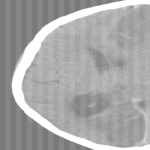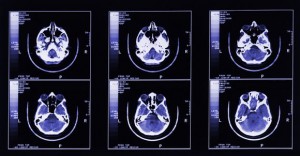 Surgery in older patients with epilepsy has the potential to improve overall health and quality of life, as well as provide a favorable seizure outcome, according to a study presented at the 67th Annual Meeting of the American Epilepsy Society.
Surgery in older patients with epilepsy has the potential to improve overall health and quality of life, as well as provide a favorable seizure outcome, according to a study presented at the 67th Annual Meeting of the American Epilepsy Society.
Investigators at the University of California, Los Angeles (UCLA), reviewed the records of 10 patients who had undergone resective epilepsy surgery for medically refractory focal onset seizures at their institution between 1992 and 2012. Patients ages 60 and older (age range: 60 to 74) with a minimum follow-up of one year (range 1 to 7.5 years) were included in the study. Comorbidities at the time of surgery, including hypertension, hyperlipidemia, diabetes mellitus, hypothyroidism, osteoporosis, obstructive sleep apnea, depression, and falls, were noted. A modified Liverpool life satisfaction tool was administered postoperatively, with a maximum score of 40.
Patients’ mean age at surgery was 65.4. The mean duration of epilepsy before surgery was 27.8 years. At the time of surgery, 70% of patients had at least one medical comorbidity in addition to refractory seizures. No patients experienced any postsurgical complications.
 By: SHARON WORCESTER, Clinical Neurology News Digital Network
By: SHARON WORCESTER, Clinical Neurology News Digital Network